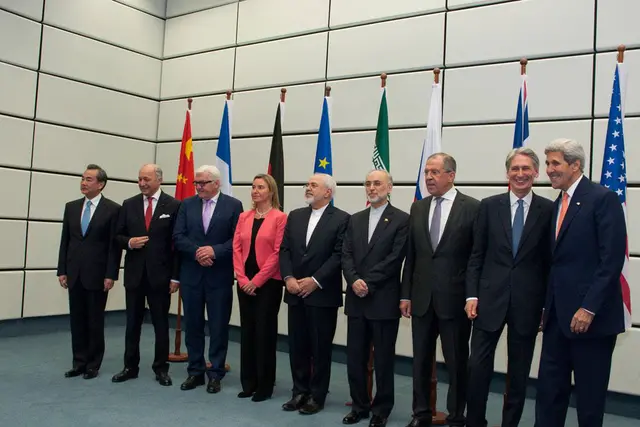Managing Director of the International Monetary Fund (IMF) Christine Lagarde (L) attends a news conference on the outlook of global economy in 2013 in Washington D.C., Jan. 17, 2013. (Xinhua/Wang Yiou)
At a Thursday news conference on the outlook of global economy in 2013, the International Monetary Fund (IMF) chief struck a cautiously optimistic tone on global economic recovery, but warned against any complacency in efforts to spur economic growth.
Avoid relapse
There is a lot of work left to do to bolster global economic recovery despite some important steps taken in key economies to reduce financial and fiscal risks, IMF Managing Director Christine Lagarde told reporters.
"We stopped the collapse. We should avoid the relapse. And it's not time to relax," Lagarde stressed.
The global economic collapse has been avoided due to decisive action taken by policymakers especially in developed countries. In the eurozone and United States, although some decisions are often made at the last hour, the economic collapse has been averted, said Lagarde, who took the helm of the Washington-based global lender in July 2011.
Policymakers should avoid the relapse of a crisis despite some nascent economic recovery signs and improving market confidence, said the former French Finance Minister.
The first-ever female chief of the IMF has played a pivotal role in stabilizing the eurozone debt crisis which has become the main drag on global economic growth in past years.
In Europe, a lot has been achieved, but "firewalls have not yet proven operational" and progress should be made on the bank union, Lagarde stated.
Fiscal sustainability, jobs
"It's important to follow through on policies to put uncertainty to rest," said the IMF head, adding the key common challenge among advanced economies would be restoring fiscal sustainability.
"We are particularly concerned about the medium-term plans" of developed countries to improve fiscal sustainability to bring their public debts down, she noted.
In the United States, where the so-called "fiscal cliff" has just been averted in an 11th-hour deal but a partisan fight over raising the nation's debt ceiling was looming, Republicans intended to use a government default or shutdown as the bargaining chip to push for government spending cuts.
U.S. lawmakers should reach an agreement to raise the government's borrowing authority and work on a plan to reduce debt in the medium term, Lagarde suggested.
Global decision makers should also focus on the real economy growth that can lead to job creation, as there are more than 200 million people out of work globally.
"We need growth for jobs, and jobs for growth," which is a virtuous cycle. The world needs inclusive and balanced economic growth, and growth is very conducive to job creation, economic rebalancing and fiscal consolidation, said the IMF chief.
China's performance
Turning on China, one of the emerging economies outperforming developed countries in recent years, she told Xinhua that the Asian country is expected to continue the robust economic growth.
There has been a rebalancing process taking place within the Chinese economy "with a clear focus on consumption rather than export" that has been reflected in the significant change in China 's current account, she observed.
China's current account surplus declined from about 10 percent of its economic output in 2007 to less than 3 percent currently.
The value of Chinese currency RMB has adjusted significantly, and "my hope is that this trend we have observed will continue into 2013" against the background of the transition of Chinese leadership, Lagarde added.
 简体中文
简体中文

